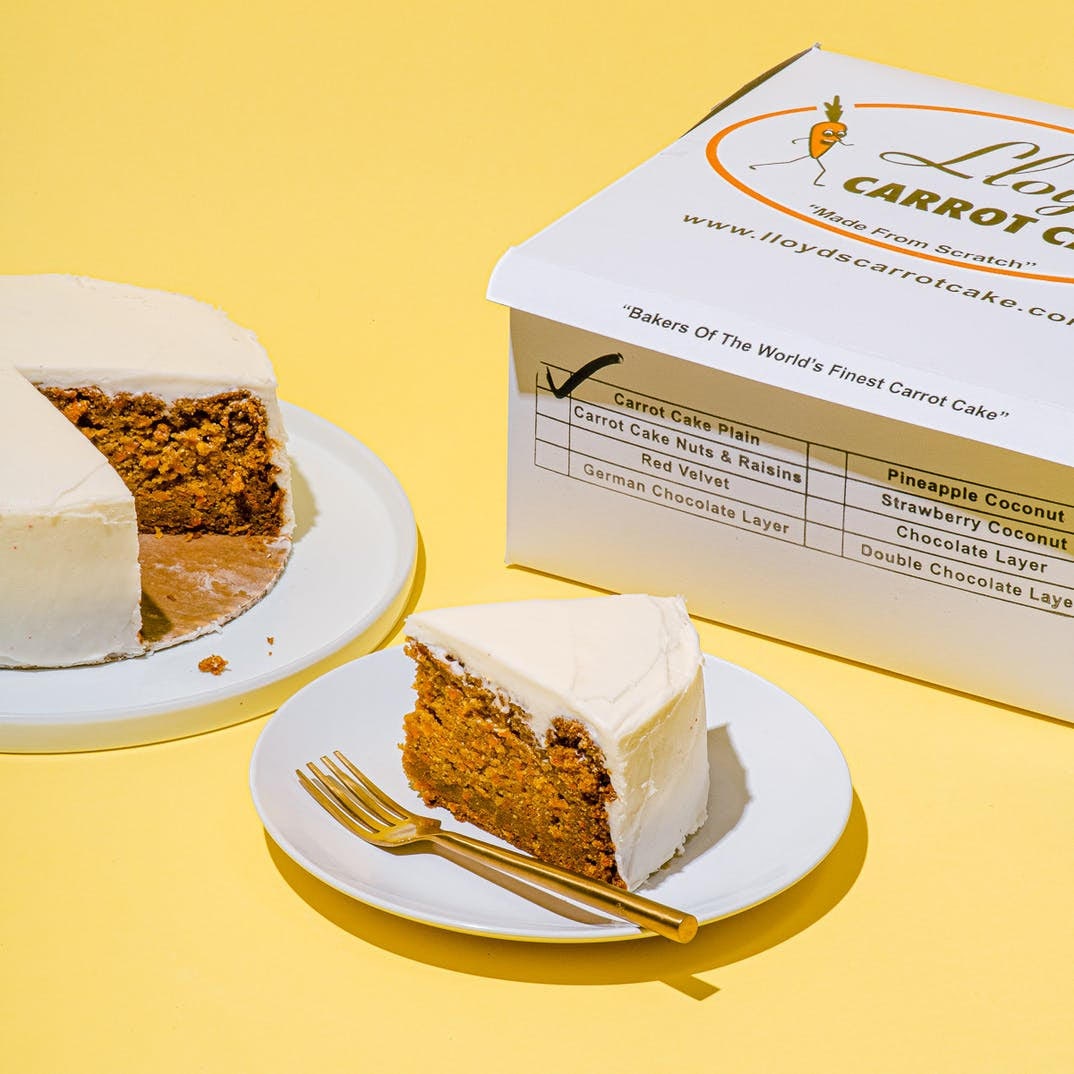Scrolling through Twitter sometime in mid-October, I stopped at this tweet from the prominent beauty and culture journalist Darian Symoné Harvin: “i am not working on any beauty holiday gift guides this year. im not working on any black owned gift guides. i am not working on any asian owned gift guides. i am not working on any latinx owned beauty gift guides. i am not working on any gift guides.”
Because I run a Black and brown-focused media company and we are indeed sourcing our holiday gifts from small businesses of color, I reached out to Harvin to understand the sentiment behind her tweet—and to avoid potential blunders this holiday season.
“Pushing products under the guise of identity feels lazy,” she explains. “I want us to support Black and brown brands beyond some identity-based list. What’s more important is, can we push ourselves to incorporate these brands into our own lives?”
For more on the future of work, sign up for the free Charter newsletter.
There’s perhaps no greater time to do so. Proportionally, more of the new businesses launched last year were Black-owned than at any time in the last 25 years, according to an annual study from the Kauffman Foundation, a Kansas City-based nonprofit that works with communities to boost entrepreneurship. Some of this stemmed from necessity, as Black Americans were disproportionately hit by Covid-19, both in terms of health and livelihoods. The result is a wave of entrepreneurship uniquely suited to meet this moment.
A Black business boom
After George Floyd’s death last year, Google searches for “Black-owned businesses” surged to an all-time high as people sought ways to financially support the Black community. Other people leaned into local efforts, like this Google spreadsheet of Black-owned restaurants and food businesses in New York City, featuring establishments ranging from pop-ups and startups to decades-old joints such as Lloyd’s Carrot Cake.
“We were blessed in the pandemic in 2020,” says Lloyd’s proprietor Brandon Adams, son of the late founder Lloyd Adams, whose family carrot-cake recipe now sustains two bakeries in New York City. “We actually had an uptick in business.” During our call, the younger Adams, who just turned 34, speaks over the sounds of a beeping crane operator while shopping at a wholesale market to prep for this week’s Thanksgiving rush.
Campaigns to “buy Black” help, he says, but what can’t be taken for granted is existing customers praising the excellence of the product. “The thing that we love is when someone brings a cake to a party or the Thanksgiving table and then we hear about it because someone else comes in,” he says. “The natural word of mouth is amazing and is critical to the growth of Black business.”
The other 11 months of the year
Efforts to curate Black business shopping lists or holiday guides can feel empty, even performative, without broader assessment of how deep and year-round that support extends. “There is a far more nuanced, almost curated way to think about brands and the things that people decide to make,” says Harvin.
In some ways, what she describes is harder but more meaningful: Businesses can assess how often Black or brown vendors, service providers, or collaborators show up in other parts of their company. As individuals, we can also assess how much we prioritize diversity in the business of running our own lives. When you contract a lawyer or an accountant, hire a real estate agent or a financial planner, find a doctor or a therapist, see this as an opportunity to diversify. Watch out for referrals from friends saying “I know a guy…” when the guy always looks the same.
Every business is a community business
A survey of Black entrepreneurs conducted by Business Insider last year concluded: “Supporting Black people requires a deeper cognitive change in order to see Black creatives as equals and experts.”
Christina Blacken, one of the entrepreneurs included in the survey, is founder and chief narrative strategist at The New Quo, a leadership and inclusion consultancy seeking to make these changes the new norm. “Inclusive habits are a daily practice that will shift the status quo for the better,” she told Business Insider. “Do you follow, study, or learn from Black experts and thought leaders? How do you speak to and interact with Black people? Are you leveraging various aspects of personal power—financial capital, social capital—to invest in, partner with, develop, and buy from Black entrepreneurs?”
Other questions to ask, Harvin says: How much are you embracing your existing community? Are you seeking out Black-owned media outlets that regularly feature businesses to patronize, not just in December? For example, “Essence is a Black platform for Black women,” she says, that consistently spotlights Black-owned brands.
“How rooted in the community are you?” Harvin asks. “Sometimes I think that it is easy to forget that one of the beautiful parts of the internet is finding trends and new information and new products and art and people making things. Being invested in that, and even an earnest desire to want to, is such a great way to support and find things that are outside of your own perspective.”
On that note, here’s Essence’s most-excellent holiday gift guide with ideas for bosses, colleagues, and everyone in between. Do me a favor and check it out after the holiday season, too.
Correction: An earlier version of this column misspelled Darian Symoné Harvin’s name.
S. Mitra Kalita is co-founder and CEO of URL Media, a network of Black and Brown news and information outlets that share content, revenue, and distribution. She also is publisher of Epicenter-NYC, a community journalism initiative in Queens. A veteran journalist, Mitra most recently worked at CNN, and is the author of two books. Follow her on Twitter @mitrakalita. Sign up here to have Mitra’s columns and Charter newsletters delivered to you by email.
